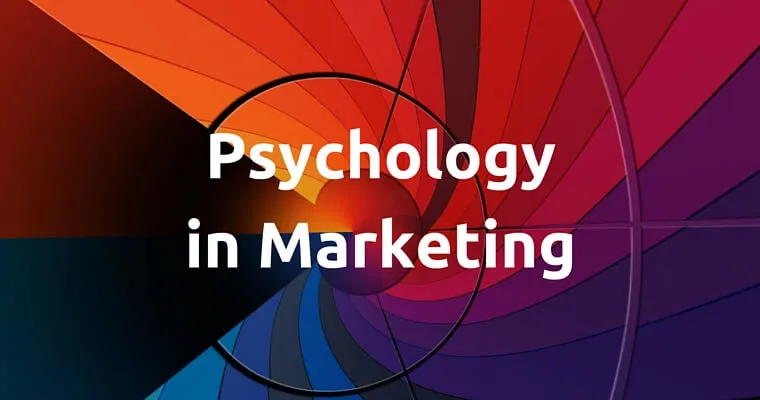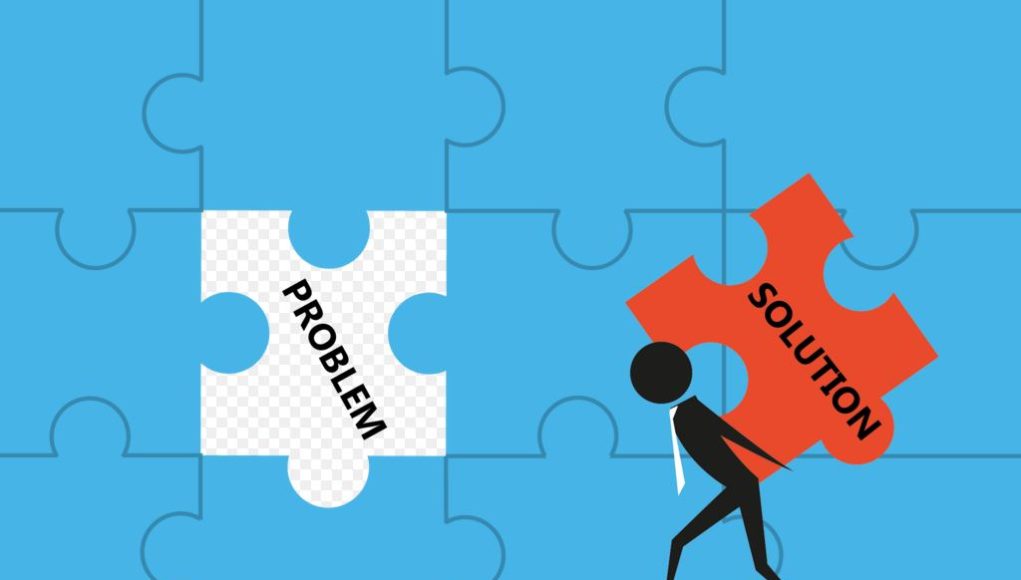Psychology plays a vital role in most businesses and this extends into increasing app sales. How often do you find yourself feeling like you need to buy a certain brand of perfume because of how the advert portrays a “perfect” lifestyle?
The only reason you feel this way is because it makes you feel like you can be a better version of yourself with that perfume. Ever wondered how an advert makes a car look sexy? It’s purely down to psychology. After all, it’s only a car; it’s a hunk of metal, yet somehow we feel compelled to buy one for it pushes our feel-good factor button.
Most of the time, we only proactively seek to install an app when it comes from a recommendation, but we stumble across new apps and feel compelled to buy or install them there and then. But why?
This happens for a number of reasons, and I’ve nailed down 7 of these that you can apply to you increase your apps’ sales.
1. Humans like free stuff!
An immediate hurdle is created in the buying decision when a consumer sees that a product has a price tag. Modern “man” is on the lookout for a bargain, a discount or something for free.
Giving away a free “light” version of a product or service is a phenomenal marketing tool—a couple of great examples of companies that have used this tactic to devastating effect are Microsoft and Automattic (the creators of WordPress). This theory can be applied to your product, too—why not create a free version or something that is highly relevant to your audience and give it away?

By eliminating that barrier and marketing an app for free, the consumer doesn’t lose anything by downloading it and discovering it isn’t for them.
You might feel that this is going to drop your business income, and therefore profitability, however, by monetizing (for example) your blog or a free report with affiliate links or ads, you’re likely to actually increase business profits, quite considerably in fact.
2. Solve a problem :
One of the most well-known, psychological marketing tips is to solve someone’s problem. By doing this you are immediately opening the door for them to access an instant solution.
A prime example of this is the brilliant and well-designed Headspace app. Mindfulness and meditation are hot topics right now, and being able to alleviate anxiety levels in an instant is now possible—within a matter of seconds you can be in an app with your eyes closed and reducing anxiety, being present, and, in a very short space of time, able to move your day along with ease.
A consumer’s buying decision is dominated by fulfilling a need. This is even the case when shopping for clothes; there’s an inherent view that you need new clothes to make you feel good, to keep you up to date with modern fashion, or to keep up with the Joneses.
The same can be said for purchasing the latest iPhone—your old one, most likely, still works fine. In fact, your iPhone from three generations ago is likely to be just as capable as the latest model, it just doesn’t have the modern technology. By Apple releasing a new phone every year, this solves the problem of consumers wanting to have the latest technology.
This tactic can also be used to great effect on websites, in this example of how to start a blog all of the information you need to get going, along with the relevant tools and information to avoid pitfalls is laid at the visitor’s feet. Due to this, visitors feel like they should use the links in the article so that they are following the process properly.
3. Run competitions :
We like to feel wanted and successful. The need to win is a common trait which stems from our ancestors’ need to survive. With that in mind, winning a competition, no matter how small the prize, provides a huge dopamine hit to the brain, and can make a consumer feel like they’re on top of the world.
Running regular competitions to win products, or free subscriptions, or a free giveaway for a partner product that you’re promoting, are highly likely to increase your sales.
This is especially the case if you link your competition to the requirement for sharing and liking your brand, product or blog on the consumers’ social media platforms—by doing this, you’re tapping into free marketing. It’s most definitely a win-win situation, and it works!
4. Make someone feel important :
Have you ever been featured in a company’s product marketing campaign or seen your product review shared on social media? If not, you’re missing out on a psychological feel-good factor.
We like to be noticed, we like to be acknowledged, and we like to boast. When marketing your using through testimonials and product reviews, you’re tapping into the psyche of the consumer market. A great way to do this is to offer up a free download or money/in-app currency if they leave you a rockstar review and share it on their social media platforms.
5. Urgency and scarcity :
By forcing someone’s mind to believe that unless they make a purchase now then they are likely to miss out on any future gain. You’re likely to have fallen for this common psychological marketing trick without even knowing it since after the limited purchasing timeframe has passed you’re unlikely to see if it’s still available—you already have the product or service.
We care mostly that we have gained an advantage over others because we purchased a product before it was discontinued, even though chances are it’s going to be replaced by a more modern version within a year—it’s finite, yet we don’t have a problem with that. To us, we’ve fulfilled a need.
By combining this urgency with the law of scarcity, and marketing your product with only a limited number of purchases available, you have a highly successful chance of increasing sales volumes.
A good way to do this is to run an ad campaign through partner programs—for example, a short 15-second ad—highlighting that for the next 30 days your product might be free, or they’ll gain a 50% discount, or if they download an app in the next 24 hours they will receive a lifetime guarantee for free updates to premium content.
This also taps into the first point about giving something away for free, thus creating a threefold marketing strategy.
6. Authenticity signs :
Without even realizing it, our subconscious will notice badges, images, and logos that scream safe shopping, authenticity, and a connection to recognized brands.
The most common of these are probably Visa, Mastercard, and PayPal. But, with identity theft and fraud being online shopping dangers, some form of marketing of a guaranteed safe checkout and shopping experience is highly advised.
Most consumers won’t look for this on an app, however, most consumers also don’t tap into their subconscious and it’s become a norm that such features are present.
7. Free shipping :
We’re complete suckers for free shipping, especially when we need to spend more money in order to achieve the free shipping threshold.
Have you ever questioned yourself as to whether you are actually saving money by spending that little bit extra to receive the free shipping? If you weren’t already going to spend that extra amount of money, then the company you’re buying from has successfully marketed to you psychologically.
A good business model to follow, if you can apply it to your app, is that of ASOS. For a small, annual premium, you have instant access to free shipping of purchases and returns for that entire year. What this does psychologically is it forces your hand to purchase from them because you already have a low-cost solution to ordering clothes from the comfort of your home.
If shipping isn’t relevant to your business model, you can most likely still apply the theory. For example, by purchasing an annual subscription in the first 30 days, your customer has instant access to premium content, or a 20% discount, or something similar.
Final words
I hope that these psychological marketing tips are helpful to you and that you can apply them to market your app or business model.
There are many other strategic marketing tactics you can employ, and free courses or webinars that you can get yourself on; remember my first point—we like free stuff and they do exist!
Good luck with your business and all the best for the future!


